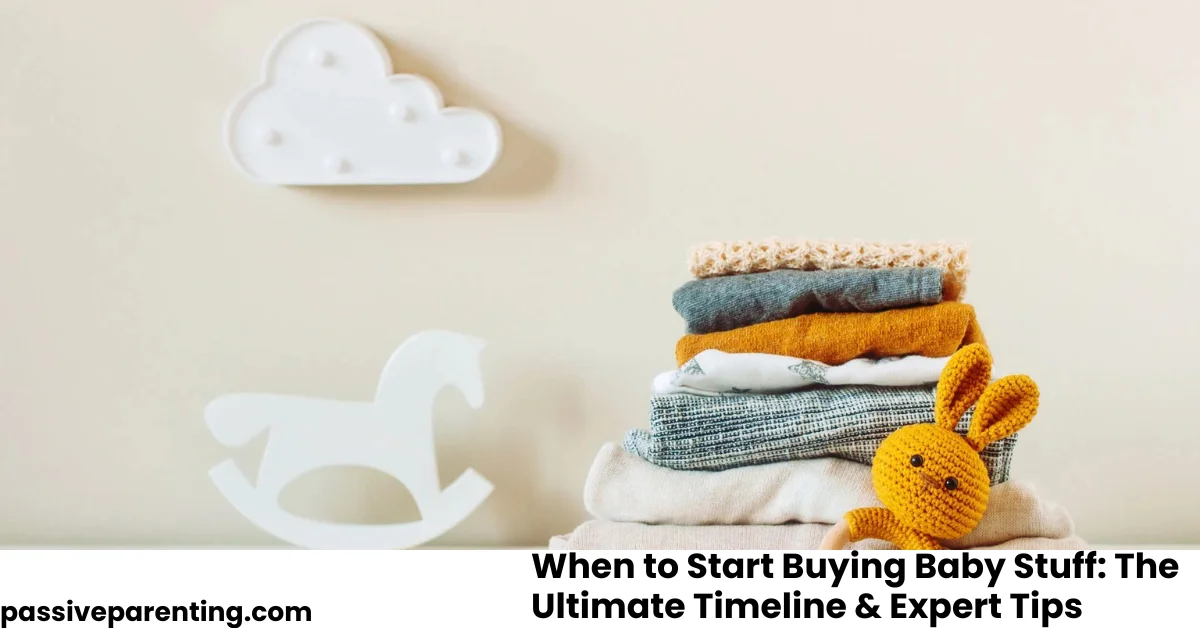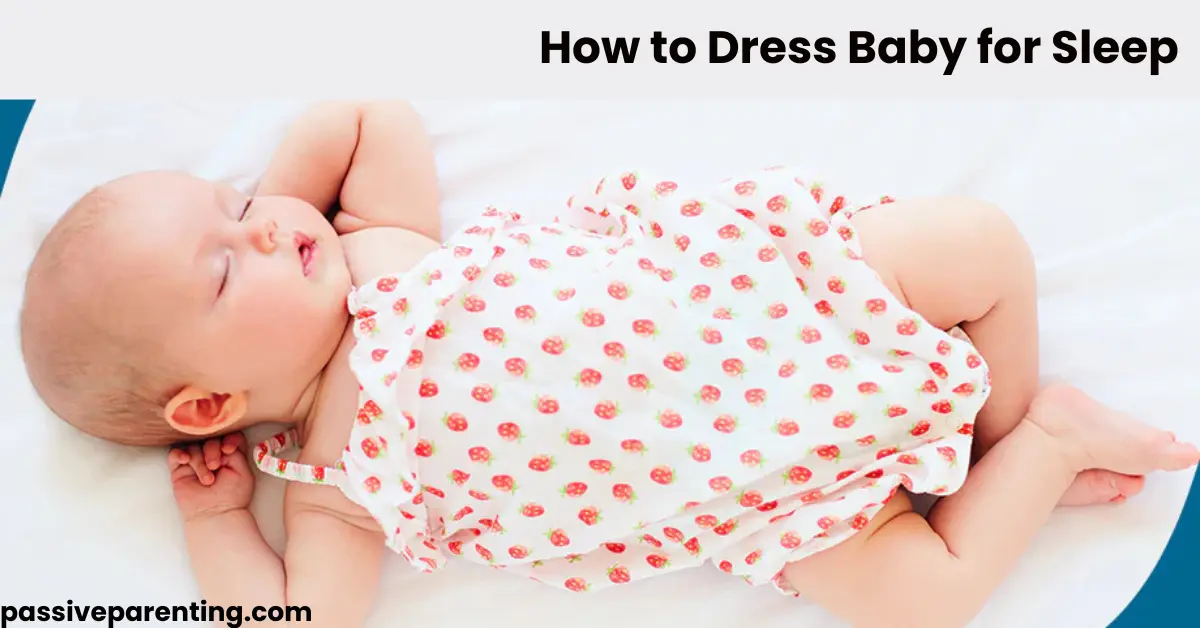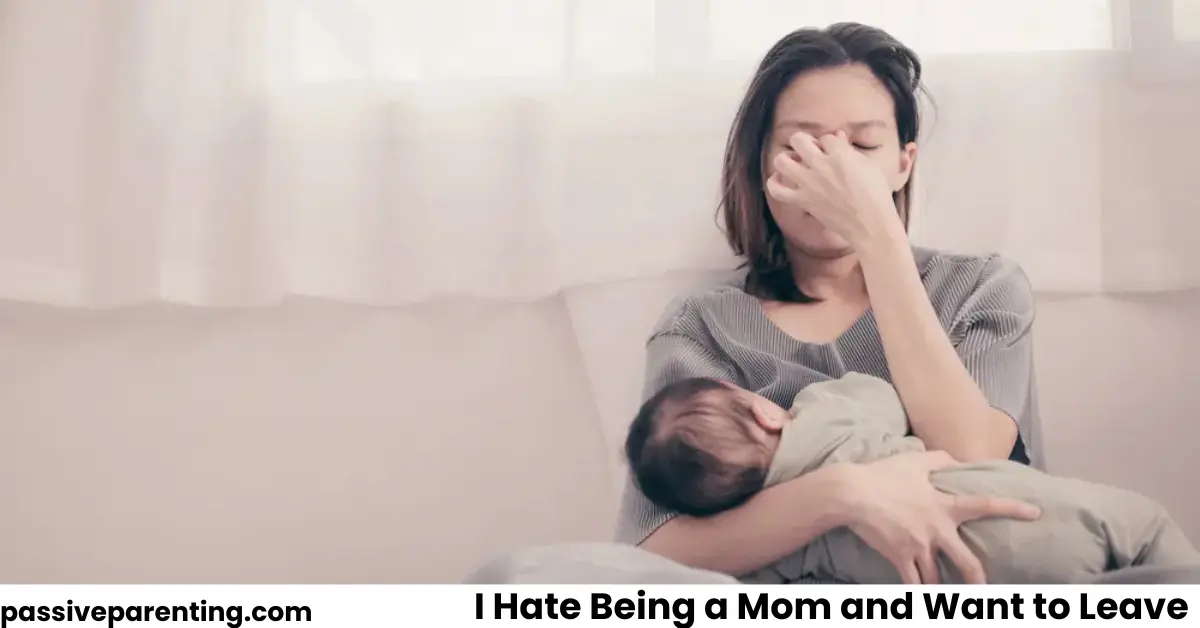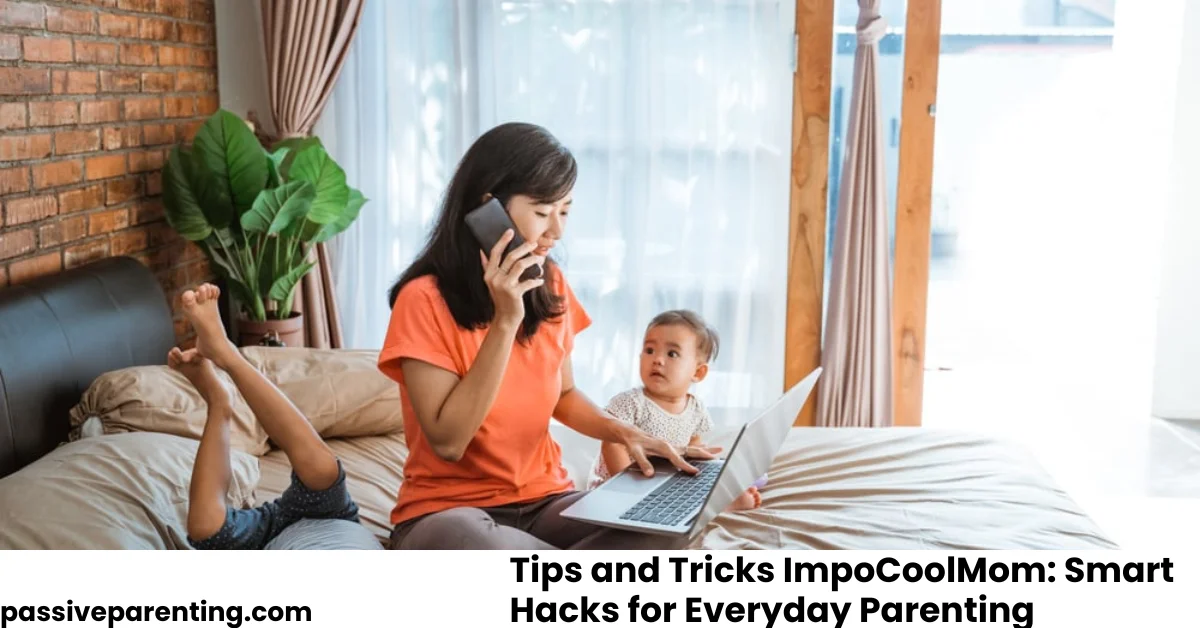Preparing for a baby brings excitement—and big questions about when to start shopping for all those tiny clothes, cribs, and car seats. Whether you’re a planner or just starting to research, knowing when to start buying baby stuff can reduce stress, help your budget, and ensure you have everything ready before your little one arrives. This comprehensive, evidence-based guide lays out the expert-backed timeline for baby shopping, tips for every trimester, answers to common worries, and advice for registry and budgeting.
Why Timing Matters for Baby Shopping
Every expecting parent wonders when to start preparing for baby’s needs. Some worry it’s “bad luck” or risky to shop too early. Others want a head start for sales, registry perks, or because family offers hand-me-downs. The truth? The best time to start buying baby stuff depends on your comfort, milestones, pregnancy health, and personal preference—but there are some common guidelines shared by experts, parents, and doctors.
When to Start Buying Baby Stuff: What Experts and Parents Say
Below, you’ll find a summary of expert and parent perspectives on when to start buying baby stuff—highlighting the most common timelines, practical reasons, and emotional factors that influence this decision.
Second Trimester Is the Most Popular Window
Most parents begin seriously shopping for baby during the second trimester (13–27 weeks), often after the 12-week ultrasound lowers miscarriage concerns but leaves plenty of time before third-trimester discomfort begins. Many major items—crib, stroller, car seat, changing table—are researched and bought between weeks 16 and 28.
Why Not the First Trimester?
- Risk of early miscarriage is highest in the first 12 weeks, so many wait until the second trimester’s safety milestone before committing budget or emotional energy.
- Most parents also have more energy and less nausea after 13 weeks.
Some wait until after the 20-week anatomy scan (when baby’s gender can be revealed), which helps with buying gender-specific items.
Key Factors That Influence When You Should Start Baby Shopping
Below, you’ll find a detailed exploration of the main factors that influence the timing for when you should start buying baby stuff. This section covers important considerations such as pregnancy milestones, personal comfort levels, financial strategy, registry and gift planning, and how special sales events or anticipated hand-me-downs can impact your shopping timeline.
1. Comfort Level and Pregnancy Milestones
- Personal belief, superstition, or previous experience can make some want to wait until after 12–13 weeks.
- After you hear the heartbeat or see a healthy scan, you may feel more comfortable starting to buy essentials.
2. Financial Planning
- Spreading out large purchases (cribs, car seats) over months makes budgeting easier.
- Waiting for sales (like Black Friday, major holidays, Baby Week) can save money.
3. Hand-Me-Downs & Gifts
- Family or friends may offer hand-me-down baby gear—hold off buying until you know exactly what’s coming.
- Registry gifts and baby showers usually occur in the third trimester, so hold off non-essentials to avoid duplicates.
4. Sales, Registries, and Big-Ticket Items
- Create or start your baby registry early (12–20 weeks is ideal), even if you wait to buy.
- Target, Amazon, Walmart often offer registry completion discounts that kick in weeks before your due date if you’ve set up your registry earlier.
Baby Shopping Timeline: What to Buy and When
Here’s a month-by-month timeline that aligns with expert and parent recommendations:
| Pregnancy Weeks | What to Shop For / Do |
|---|---|
| 8–12 | Make a wish list, draft your registry (private) |
| 12–16 | Start serious research (strollers, cribs, car seats) |
| 16–20 | Begin big purchases after anatomy scan |
| 20–28 | Complete registry, major furniture, nursery decor |
| 28–32 | Stock up on diapers, wipes, bottles, clothing |
| 32–36 | Finalize essentials, pack hospital bag, wash baby clothes |
| 36+ | Last-minute items, prepare for delivery |
Tip: Most parents aim to have all essentials by 35 weeks, in case the baby arrives early.
Second Trimester: The Ideal Time to Start Buying Baby Stuff
- Lowest risk window: By 13–14 weeks, miscarriage risk drops, and most pregnancies are progressing well.
- Energy & mobility: Moms-to-be often feel best during these months.
- Registry benefits begin: You can start sharing your registry with friends and family or begin to select from your list yourself.
- Plenty of time: You can spread out research, enjoy shopping, and have time for any backorders/shipping delays.
Setting Up Your Baby Registry: When and How
- When to start: 12–20 weeks—add private registry early, make public after gender scan or when ready to share news.
- Where to register: Amazon, Target, BuyBuyBaby, Walmart, and specialty baby stores all offer registries; many provide welcome kits and 10–15% completion discounts.
- Timing public launch: Announce or share your registry as soon as baby shower invitations go out, typically at 24–32 weeks.
- Keep it updated: Remove purchased items, add what’s missing, and update after showers or gifts to avoid duplicates.
Shopping Checklist: Essentials by Trimester
Below, you’ll find a comprehensive, trimester-by-trimester shopping checklist to guide you on what baby essentials to buy and when. This section breaks down the must-haves for each stage of pregnancy, helping you prioritize purchases, spread out your spending, and ensure you’re ready for your baby’s arrival—no matter when they decide to make their debut.
First Trimester Essentials (if you want to start early):
- Prenatal vitamins, comfortable clothing
- Research baby gear, read reviews, start a wish list
- Some parents buy one small thing for emotional connection
Second Trimester Essentials (Prime Buying Time):
- Crib, mattress, and safe bassinet or sleep area
- Car seat (needed to leave hospital)
- Stroller/travel system
- Dresser/changing table
- Baby monitor
- Registry setup (finalize before 20 weeks if possible)
Third Trimester Essentials (Finish by Week 35):
- Diapers (newborn and size 1), wipes, creams
- Bottles, formula or pump, breastfeeding supplies
- Onesies, sleepers, socks, mittens, hats
- Blankets, swaddles, burp rags
- Bathtub, baby wash, towels
- Nursery décor, rocking chair, storage bins
- Hospital bag (pack for 36 weeks)
Pros and Cons: Early vs. Late Baby Shopping
| Early (<12 weeks) | Late (after 28 weeks) |
|---|---|
| + Lower stress, more time to research & budget | + Avoid duplicate gifts |
| + Can capitalize on seasonal sales | + Wait for hand-me-downs |
| + Emotional connection/good distraction | + Know baby’s gender for clothing/nursery |
| – Higher risk if pregnancy becomes complicated | – Less time to correct shipping/delivery delays |
| – May encounter regret if taste/budget changes | – Rushed, more stressful as due date approaches |
Financial Tips: Budgeting for Baby Shopping
- Spread purchases over weeks/months to ease financial burden.
- Use registry completion discounts—most kick in 2–8 weeks before your due date.
- Track spending with a baby-specific spreadsheet or app.
- Consider borrowing or accepting offers for used gear, when safe.
Shopping by Pregnancy Milestones
- After 12-week scan: Start essentials, create registry
- After anatomy scan (18–20 weeks): Shop for personalized/nursery/gendered items
- After baby shower: Fill in gaps for final essentials and hospital bag
Quick-Reference Table: Shopping Timeline
| Milestone | Best Actions |
|---|---|
| 8–12 Weeks | Research, wish list, start private registry |
| 13–16 Weeks | Purchase large items, finalize registry |
| 16–28 Weeks | Buy major gear, essentials, nursery setup |
| 28–35 Weeks | Finish shopping, pack hospital bag, install car seat |
FAQs About When to Start Baby Shopping
Final Thoughts: Make Baby Shopping Stress-Free
The short answer to when to start buying baby stuff is: most parents begin in the second trimester, after the 12-week mark—but it’s always a personal choice. Shop at your own pace, use checklists, and leverage your registry for value and organization. Spread out big purchases, watch for sales, and let your comfort level guide you above all. By week 35, you’ll want to have all essentials ready—and a little buffer for the unexpected—so you can focus on welcoming your new arrival with peace of mind.




